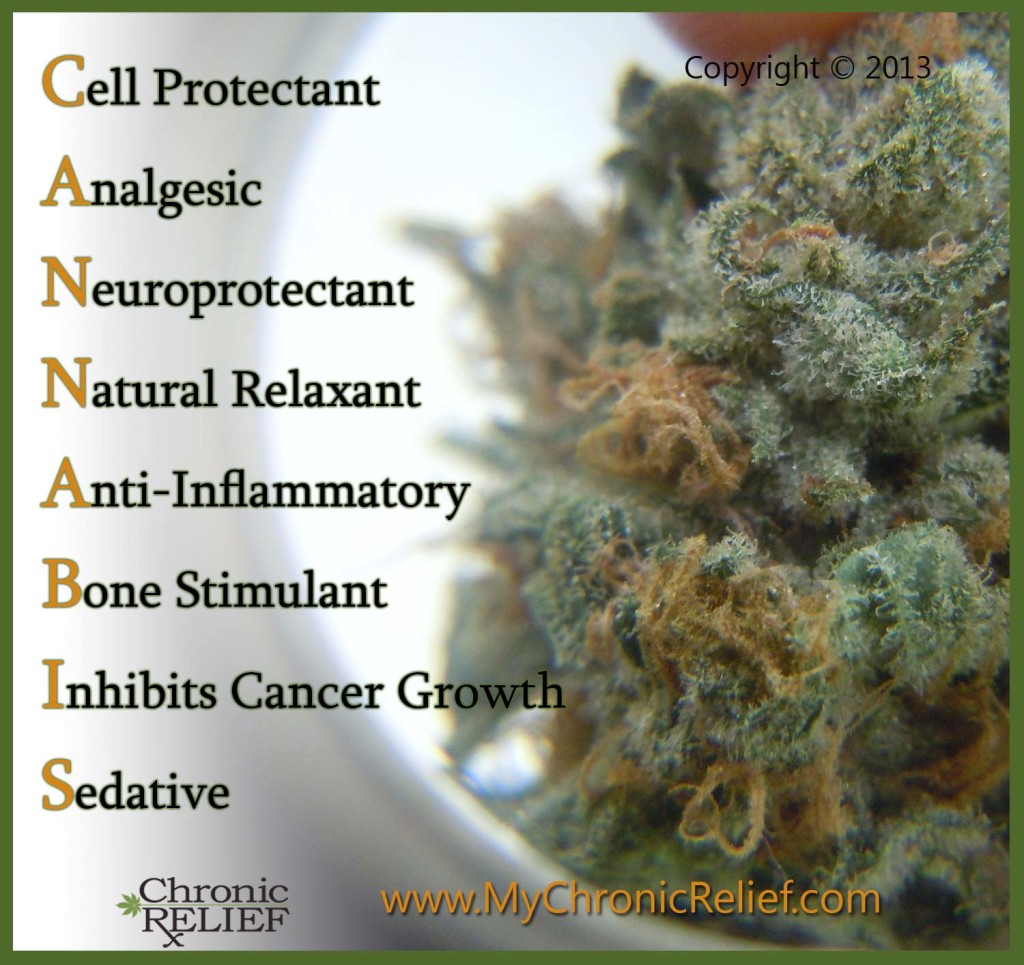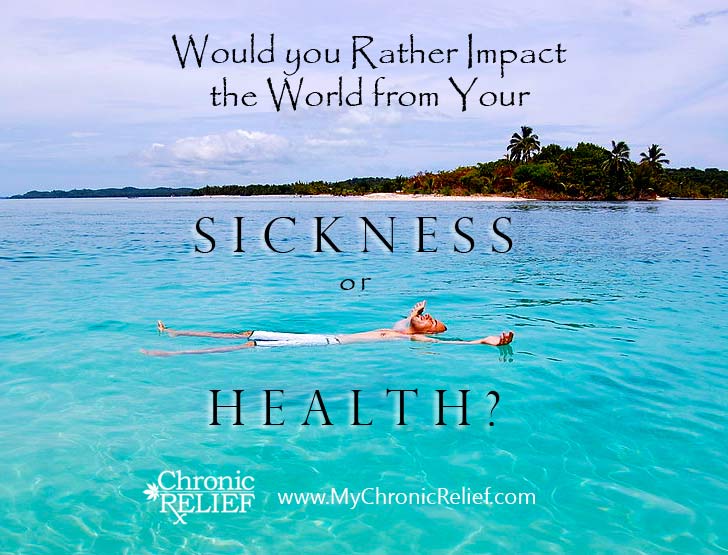Components of Cannabis are Proven to Reduce Inflammation
Would you Rather Impact the World from your Sickness or Health?
Proposed Decriminalization of Marijuana – Texas HB 184
 Texas Representative Harold Dutton Jr. of District 142 in Houston, has submitted a bill for consideration in the 83rd Texas Legislature that would soften the state’s marijuana laws to decriminalize possession less than an ounce. Arguments for and against this bill were heard on Tuesday March 12, 2013.
Texas Representative Harold Dutton Jr. of District 142 in Houston, has submitted a bill for consideration in the 83rd Texas Legislature that would soften the state’s marijuana laws to decriminalize possession less than an ounce. Arguments for and against this bill were heard on Tuesday March 12, 2013.
Well known criminal defense attorney Jamie Balagia writes on his blog “Right now in Texas if you are caught with an ounce of marijuana, you’ll face up to 180 days in a jail and a fine of $2,000. If House Bill 184, sponsored by Representative Harold Dutton of Houston, becomes a state law you wouldn’t get locked up and the fine would be $500.”
A staffer at Representative Dutton’s office reported that a decision on the bill is still pending. It is a positive sign that the bill is still under consideration. The biggest concern from committee members during the hearing was their fear of marijuana as a gateway drug. It is our belief at Chronic Relief that this concern is unfounded and based on a great deal of mis-information. Nonetheless, this viewpoint is a hurdle to decriminalization that we must address.
Committee members Representatives Carter and Leach do NOT support the bill. There offices did not seem open to different opinions but don’t let that stop you from voicing yours! It seems that Rep. Schaffer may still be considering his position. Many on the committee have said to be concerned about marijuana being a gateway drug. Please place them and Committee Chairman, Abel Herrero at the top of your contact list!
While there is a long list of good reasons why Texas should decriminalize cannabis, here are 3 arguments to consider:
1. Personal Tendencies
Chronic Relief argues that the progression to harder drugs is more about one’s tendency towards deviance, curiosity about mind altering substances, family situation, social networks and neighborhood environment than it is about the progression of drug choice. People who want to experiment with drugs are likely to try several, in the same way someone who likes classical music will listen to multiple composers.
The true gateway drugs are alcohol and tobacco as they are generally what people try before cannabis.
The majority of people who try cannabis do not get addicted to harder drugs and a larger percentage of cannabis users don’t even try harder drugs. People who really want to experiment with drugs are likely to do so no matter what.
2. Safety Profile
Cannabis is a medicinal herb which happens to be a safe intoxicant. It is just as safe and versatile a medicine as aspirin but with 20 times the analgesic affect. No one has ever died from its use or abuse.
The 1999 Institute of Medicine Report Marijuana and Medicine reports that the probability of becoming addicted to cannabis is 9%. That is lower than alcohol (15%), cocaine (17%), opiates (23%) and nicotine (32%). If were to be honest with ourselves we would acknowledge that alcohol and tobacco are the gateway drugs.
Every police officer interviewed for the forthcoming book “Chronic Relief” agrees that an intoxicated individual possesses a much more serious threat to an officer and public safety than those who are stoned. This belief has been backed up by several peer reviewed research studies including the work profiled in the American Journal of Preventative Medicine 2006 article Economic Cost of Excessive Alcohol Consumption in the U.S. that showed that chronic consumers of alcohol are twice as dangerous to themselves, and five times more dangerous to society than chronic cannabis users.
3. Cost to Tax Payers
The Federal Bureau of Investigation reports that in 2011 there were 663,031 arrests for simple possession (under 1 ounce) in the U.S. What is the cost of processing these simple possession cases? How does this impact our jails and criminal justice system? And who pays for that? We do! According to http://www.mytexasdefenselawyer.com, indigent defense costs rose $91 million from 2001 to 2012. When people are faced with jail time, taxpayers have to pay for an attorney if the defendant cannot afford one.
Once imprisoned, it cost $38-50,000 per year to maintain that person, not to mention all of the associated costs of the court and law enforcement expenses. And, what happens to the young people who get thrown in jail for a joint or sent to court mandated rehab facility? They are labeled as a criminal and are treated as such by society. The net impact of that is usually social scorn and chronic underemployment. Then what? You can see where this negative spiral is going. There is nothing good about it for the individual, nor society.
Our current marijuana possession laws are antiquated, expensive, and have a long-term negative impact on society at large. The money currently being spent on prosecuting simple possession charges could be spent in a way that would make our communities safer and our economy stronger. The current drug laws do neither.
How Can You Help?
The best way to help educate lawmakers is by contacting them in writing or making an appointment in their office. You can also call their offices and request to speak with a staffer. Let them know that you support HB184 and why. Lawmakers value hearing from their constituents – even when they disagree with you!
Below is contact information for certain members of the Texas House Jurisprudence Committee. The emails provided are for the staffer who is working on this issue. We also strongly encourage you to contact your representative in support of HB 184.
- Chairman Abel Herrero, (512) 463-0462, venessa_fuentes@house.state.tx.us
- Rep. Harold Dutton, (512) 463-0510, tamoria.jones@house.state.tx.us
- Rep. Stefani Carter, (512) 463-0454, nikki.tyson@house.state.tx.us
- Rep. Jeff Leach, (512) 463-0544, Murphy.simpson@house.state.tx.us
- Rep. Matt Schaefer, (512) 463-0584 sarah.hughes@house.state.tx.us
- For a full list of committee members click here
Our experience has been that lawmakers are grossly misinformed about this topic. As a result, decisions are made from fear, not knowledge. Such lawmaking serves no one. Will you let your voice be heard?
Support HB184 to decriminalize marijuana possession!
This blog is written by www.mychronicrelief.com a website dedicated to helping the terminally and chronically ill bridge the gap between medical science and practical application.
Juicing Raw Cannabis
Here is another remarkable story about what the cannabis plant has to offer from O’Shaughnessy’s. Below is a summary of the article and some of the most interesting points.
William Courtney, a well-known Mendicino County-based physician, recommends eating — or juicing and then drinking— raw cannabis leaf and bud as a way to achieve megadose cannabinoid intake without psychoactive effect. The green plant contains THC in its acid form, THCA, which is not psychoactive.
He explains in an online Q&A: “The main psychoactive compound in dried, aged cannabis is delta-9 THC, which is absent in the raw, fresh leaf. In general, patients do not experience a ‘high’ from consuming the raw product. However, other compounds in the plant, such as the terpenes, may have an effect on mood or energy levels.
Raw cannabis does not provide acute symptom relief, Courtney acknowledges, although “some effects can be immediate.” Some effects, according to Courtney, “take three days to be appreciated. Others build for weeks. Full clinical benefit may take four to eight weeks to take effect. It takes that long for plant (phyto) cannabinoids to fully saturate the body’s adipose (fat) tissue. Phytocannabinoids are stored in the adipose tissue, as are the fat-soluble vitamins A, D, E & K. Bud may have an effect in a shorter period of time.”
Those who wish to pursue a juicing regimen face a major obstacle: how to obtain sufficient amounts of raw cannabis? Purchasing large quantities of cannabis is beyond the budget of most medical users. And growing your own bud —the ideal in terms of freshness— is an option for all too few in our society and throughout the world.
There’s not a lot of science about cannabinoid acids in general and CBD acid in particular. From what we know, these compounds have medicinal value and juicing cannabis may help people with certain conditions. But how these benefits are conferred is not entirely clear.
Read the full article about juicing here: http://www.beyondthc.com/wp-content/uploads/2013/03/Juicing-33.pdf
O’Shaughnessey’s, The Journal of Cannabis in Clinical Practice, is one of the most comprehensive resources in the medical cannabis community. Visit their new site here.
Video of Dr. William Courtney and his wife and their experience with juicing raw cannabis:
Realm of Caring – Cannabis Heals
What if your child was stricken with 200-300 seizures a day and nothing you did helped? What if your doctor said, “there is NOTHING more for us to do,” and you found yourself at the end of your pharmaceutical rope”? Can you imagine caring for your child every day but not meeting him/or her until they were 10 because their seizures robbed them of their personality?
How far would you go to give your child relief?
Cannabidiol (CBD) Stops the Progression of Epilepsy
Meet the Stanley family and the two young epilepsy patient’s (and their parents) for whom they grow a special strain of cannabis plant (high in cannabidiol) that is used to make cannabis oil they take to help control their seizures.
Each of the young patients profiled in the video have had a 99% or better reduction in their seizures as a direct result of the cannabis oil made for them by the Realm of Caring (http://realmofcaringfoundation.org/).
Realm of Caring – Marijuana Pioneers
The Stanley family, the founders of The Realm of Caring are pioneers in the cannabis industry and have done much to bring legitimacy to the marijuana plant and cannabis industry. They are currently growing a plant with 17% CBD and negligible amounts of THC, the psychoactive component of cannabis. CBD is a potent anti-oxidant, neuroprotectant and analgesic. In addition to helping reduce epilepsy related seizures, CBD is also being recognized for its benefits to those with diabetes, rheumatoid arthritis, cancer, antibiotic-resistant infections, alcoholism, PSTD and neurological disorders.
Cannabis Science
Cannabis science has barely scratched the surface of all the ways the cannabis plant can help ease and reverse human suffering. Please share this story with anyone you know who is willing to listen!



Follow Us!